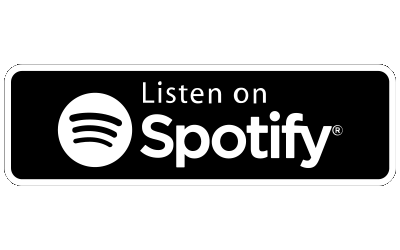Country and Western Music – By Jason P. Woodbury
Brian Whelan isn’t a snob when it comes to a good song.
“I have never gave a shit if it’s a pop thing or a lo-fi indie thing, I don’t care,” Whelan says over the phone from the South By Southwest festival in Austin, speaking over the blunt din of the festivities. “Any genre — if it’s a good song, I like it.”
Up until recently, the Los Angeles-based singer/songwriter could be seen on stages across the nation with Dwight Yoakam, playing in the “cowpunk” pioneer’s Bakersfield-evoking band, but as of 2015 Whelan is a free agent, shifting his focus to a burgeoning career which finds him fusing power-pop melodies and classic country songcraft.
Whelan’s love of classic songwriting is evident on his 2013 album, Decider. On it he evokes punchy new wave with the title track, tries his hand at slapback rockabilly on “Mojave High,” and pounds out treble-heavy country & western worthy of his former boss on “Who’s Fooling Who.” It’s a sugar rush of a record, but Whelan’s already at work on its follow-up, working on a collection of songs scheduled to appear on record this summer which further his aim of synthesizing pop hooks with his Western roots.
Whelan cites Chuck Berry has a defining influence, for his “fusion of roots music and pop songcraft.” “That’s the stuff I like, ” he says. “Buddy Holly and Chuck Berry. There were the first guys to fuse those things, to take rural forms — blues and country and whatever else — and try and get on the charts with it.”
One highlight from the forthcoming album is “Americana,” a sly, funny track that pokes fun at modern roots leaning bands storming the radio but doesn’t spare Whelan’s contemporaries in the underground music scene, or even Whelan himself, from its tongue in cheek criticism. “You’re a pretty nice guy but you sound like shit,” Whelan barks with an almost audible smirk, noting that “your cowboy boots don’t make you a better band” before a rolling banjo solo.
“I don’t really edit songs lyrically very much,” Whelan says, with a little hesitation in his voice discussing “Americana.” “There’s a lot of weird stuff going on in that song. The first thing you might take from it is that it’s an anti-Mumford and Sons song, but there’s a lot of shots being taken in there, including some at myself and my little scene in L.A., certainly Nashville, and the indie-folk craze.”
In the hands of a lesser songwriter, the song might sound like a self-righteous screed, but not when Whelan sings it. “It’s just kinda on the fly. I hope it’s not too sanctimonious. I’m certain Mumfords and Sons are making enough money that they would not mind even if they heard it. It’s not really a preachy thing…it’s a big tent, and there’s room for a lot of music out there.”
Even if his songs aren’t destined for mainstream country radio — although they are punchy and catchy enough that they very well may be — Whelan knows there’s an audience for his music, citing crowds in Oklahoma and parts of the South, people he’s connected with on his own and as part of Yoakam’s band for a “four- or five-year” tenure. “I was working for Dwight for a long time,” he says, and while it was certainly a good time to let someone else do the planning, book the tours, and handle the logistics, he had a desire strike out on his own, writing and sharing the kind of music he loves — American roots-inspired music, with solid hooks, smart lyrics — and get out on the road and play it for people who love it the same way he does.
“It’s a cliche, but I just kinda want to do what I want to do,” Whelan says. “I haven’t really had time to figure out if what I’m doing is going to be on country radio — that would obviously be great — but I know enough people in Nashville to know where I stand. I just don’t care very much. I ain’t out here for any of those reasons.”
Whelan laughs, adding, “If I wanted to have an easy life I could.” What kind of songs do easy lives make for?
